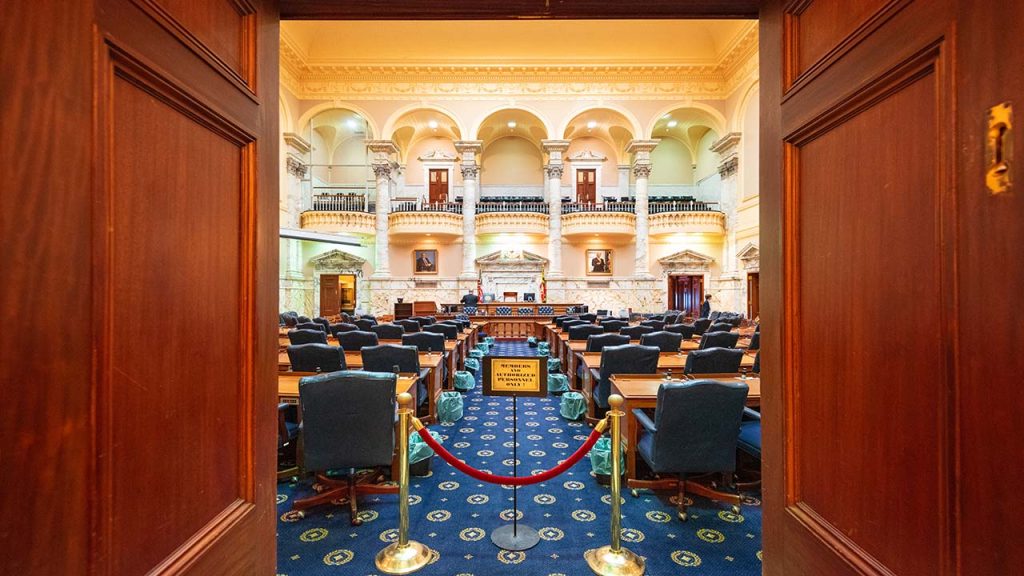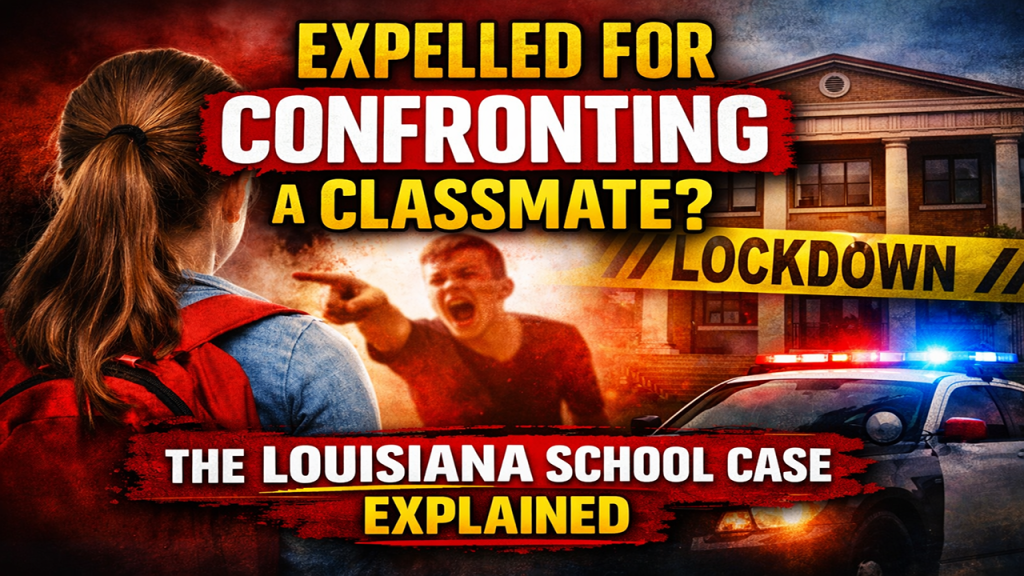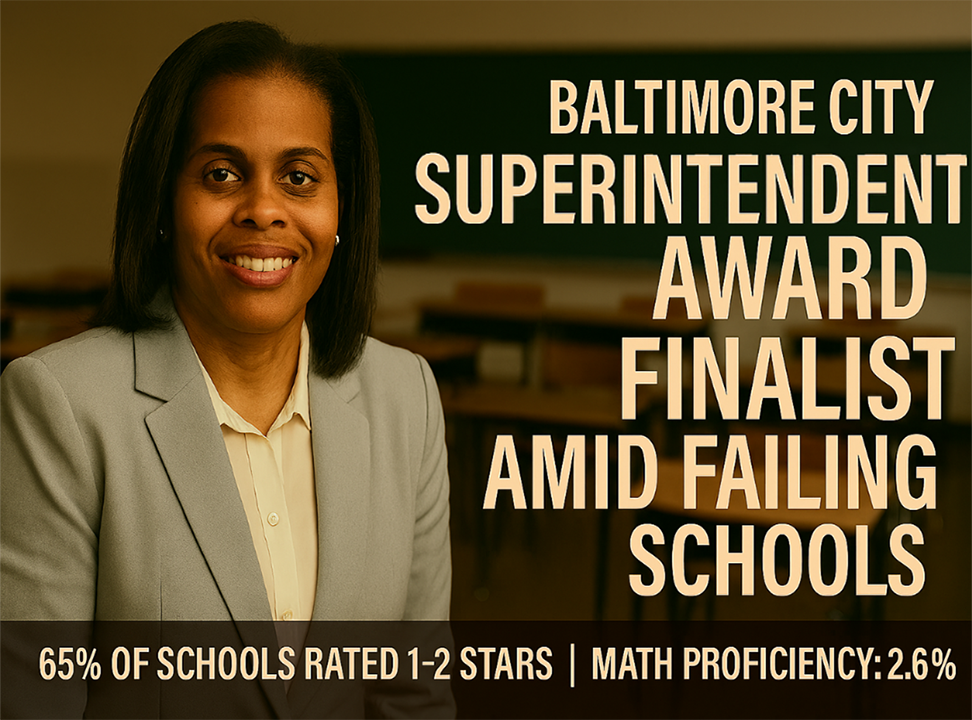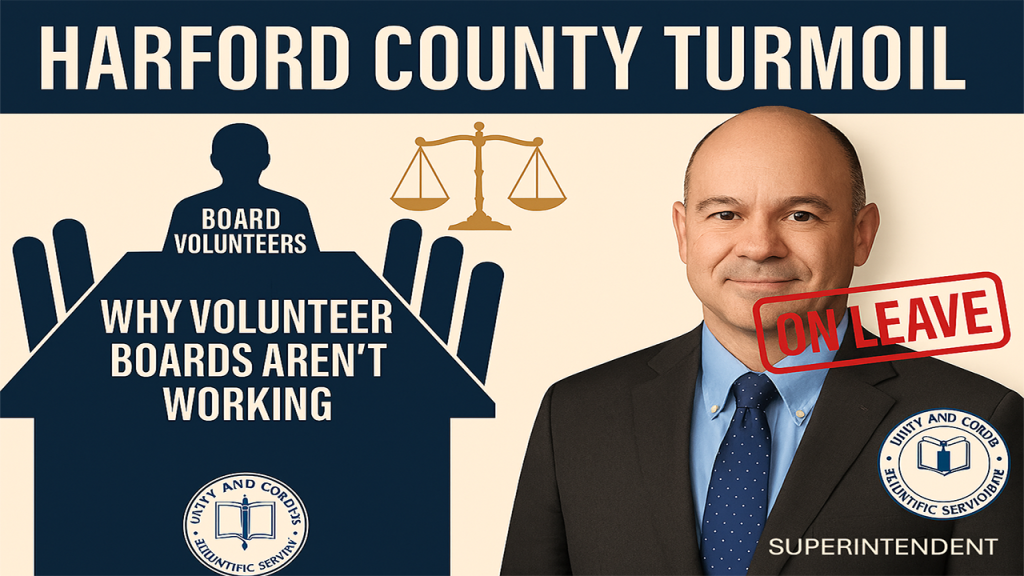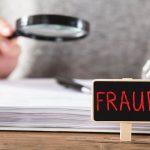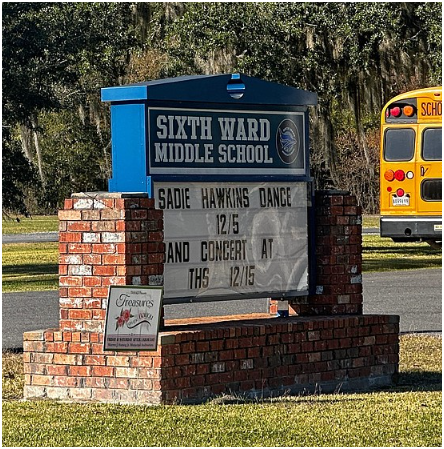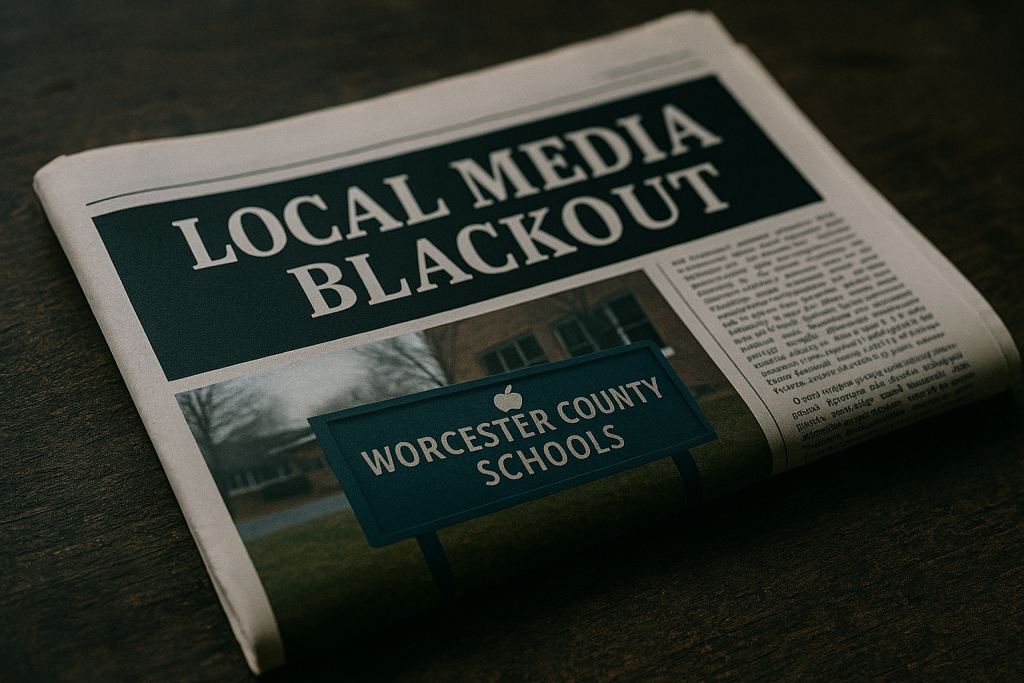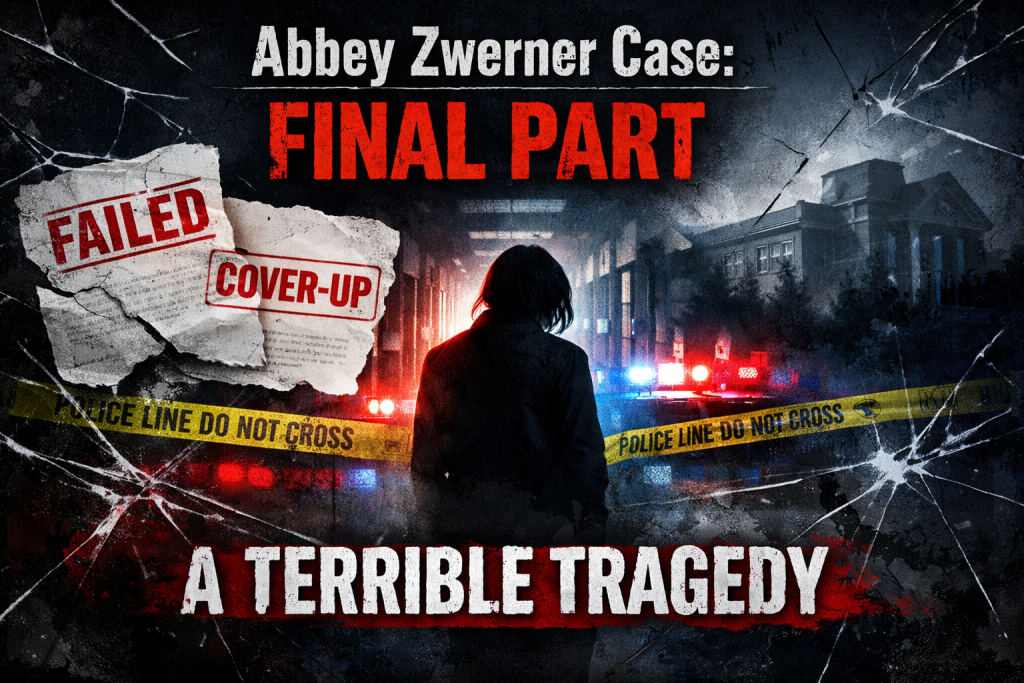
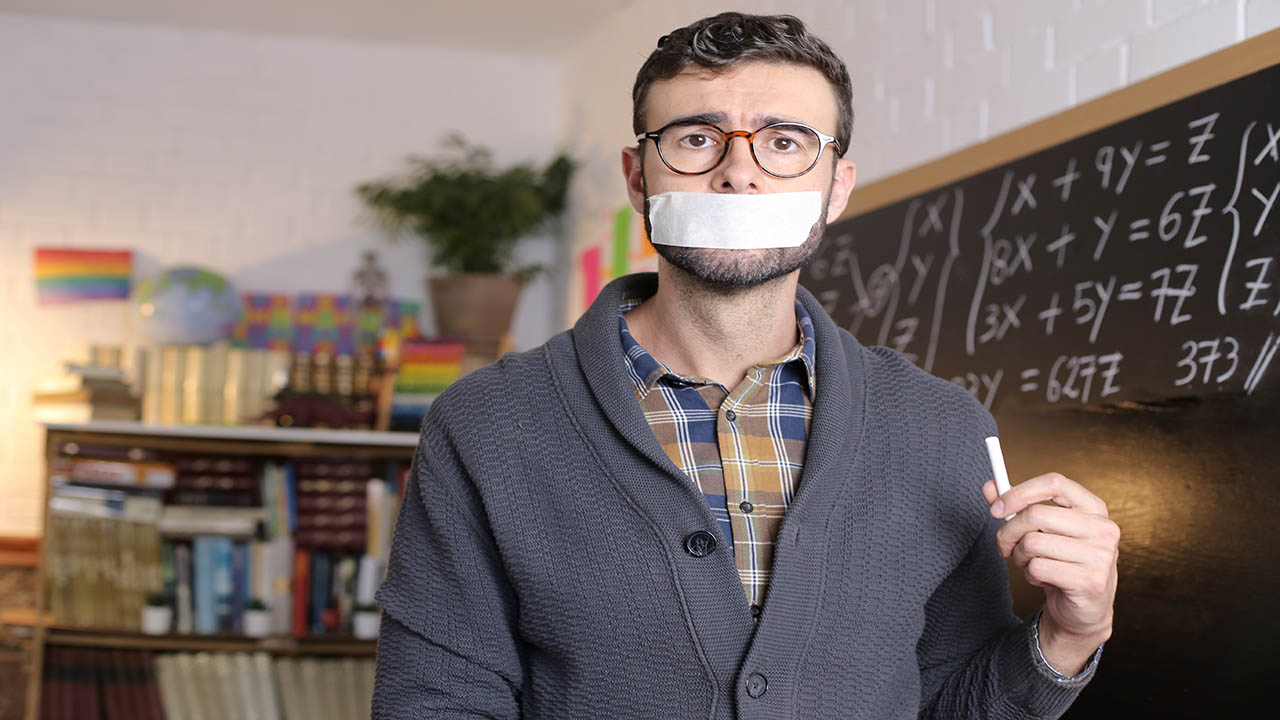
Comment on Charlie Kirk, Lose Your Job? What Free Speech Really Means for Teachers
The death of Charlie Kirk has stirred controversy across the country, but nowhere is it more complicated than in public education. In Maryland, several teachers have landed in hot water over their social media comments about Kirk, comments that some community members viewed as unprofessional or inappropriate for educators. These incidents have triggered investigations, backlash from parents, and renewed questions about how far a teacher’s “free speech” protections really go.
In Wicomico County, a middle school teacher shared a meme depicting President Trump whispering to Charlie Kirk: “This Epstein thing won’t die, gonna need you to take one for the team.” That teacher also tagged the post “bait and switch,” implying Kirk’s death was part of some bigger political distraction. The post sparked outrage, calls for resignation, and a personnel review under the district’s social media policies.
In Cecil County, an educator commented on Kirk’s death with “Guess that’s karma? Good riddance,” drawing rapid backlash from parents and community members. Cecil County Schools confirmed they are reviewing the matter under existing policies.
Baltimore City also saw social media posts by teachers reacting to Kirk’s death. For instance, one teacher shared a news article with the caption: “Wrong guy but we’ll take what we can get.” The post drew criticism and demands for accountability even though no official firing was reported.
A report from Education Week found at least a dozen public school teachers and staff around the U.S., including here in Maryland, have been fired, placed on leave, or under investigation for posts related to Charlie Kirk’s death.
The recent controversy over Maryland teachers who posted critical comments about Charlie Kirk on social media has sparked plenty of heated debate. Some see this as a free speech issue; others call it a professionalism issue. The truth, as usual, is somewhere in the middle—and it’s worth looking at what the law and local agreements actually say.
Free Speech Doesn’t Mean Job Protection
Teachers absolutely have free speech rights. That means if you post something online—about Charlie Kirk, your boss, or anyone else—you cannot be arrested simply for expressing your opinion. Free speech protects you from criminal charges, not from professional consequences.
The reality is simple: if you cuss out your boss, you won’t go to jail, but you will probably get fired. The same logic applies to teachers on social media. The recent controversy over Maryland teachers who posted critical comments about Charlie Kirk on social media has sparked plenty of heated debate. Some see this as a free speech issue; others call it a professionalism issue. The truth, as usual, is somewhere in the middle, and it’s worth looking at what the law and local agreements actually say.
School systems in Maryland include explicit language about professionalism and conduct. A few examples:
- Anne Arundel County Master Agreement: “Employees shall conduct themselves in a manner that maintains the dignity of the profession and the confidence of the community. Behavior that is detrimental to the reputation of the school system or adversely affects the employee’s ability to perform duties may be subject to discipline.”
- Carroll County Master Agreement: “The Board may discipline an employee for just cause, including but not limited to conduct, whether in school or out of school, that undermines the effectiveness of the employee or the mission of the school system.”
- Worcester County Master Agreement: “All staff members are expected to maintain professional relationships with students, parents, and colleagues and to exercise good judgment in public statements, written or oral, in a manner that upholds the integrity of the school system.”
None of these agreements prevent free speech. But all of them make it clear that if your speech damages trust in the school system, or your credibility as an educator, it can be grounds for discipline, up to and including dismissal.
The Challenge of Social Media
Social media blurs the line between personal and professional life. A teacher may feel they are posting in a private capacity, but once their words are tied to their role as an educator, the consequences become real. Parents, students, and administrators all see those posts, and schools have a duty to protect the integrity of their mission.
This isn’t about Charlie Kirk. It isn’t even about politics. It’s about whether teachers understand the professional expectations that come with their role. Free speech will keep you out of jail, but it won’t necessarily keep you in a classroom.
Teachers in Maryland and across the country should take a moment to reflect before posting. These aren’t always easy questions, but they are the questions every educator should be asking in 2025.
Dig Deeper With Our Longreads
Newsletter Sign up to get our best longform features, investigations, and thought-provoking essays, in your inbox every Sunday.
The MEN was founded by John Huber in the fall of 2020. It was founded to provide a platform for expert opinion and commentary on current issues that directly or indirectly affect education. All opinions are valued and accepted providing they are expressed in a professional manner. The Maryland Education Network consists of Blogs, Videos, and other interaction among the K-12 community.




